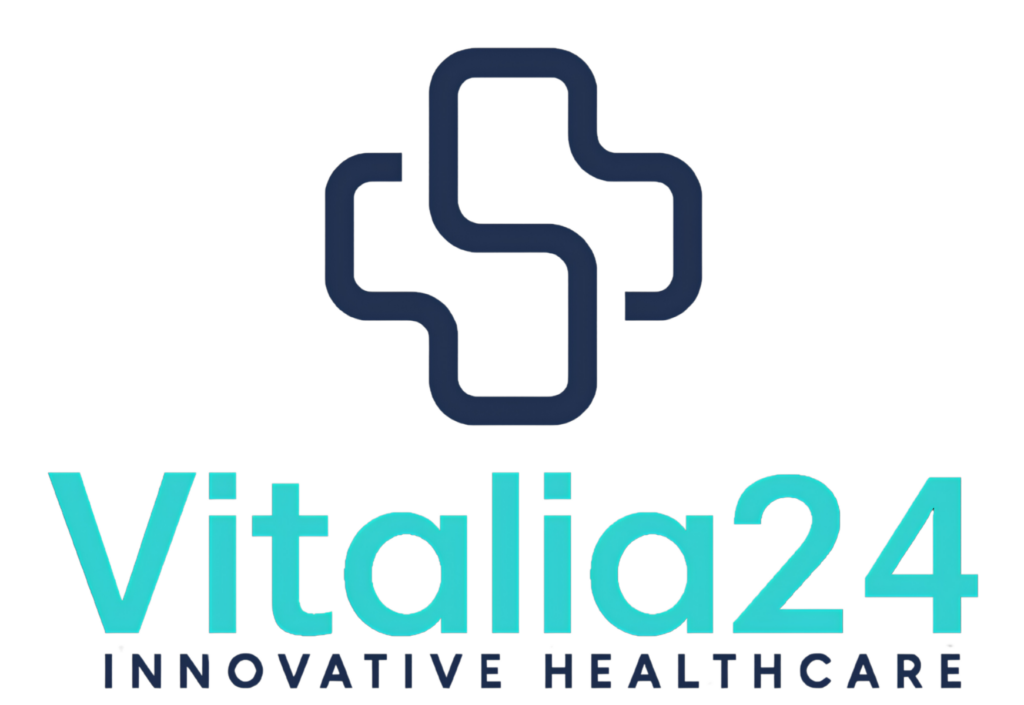Multiple Sclerosis
Multiple Sclerosis (MS) treatment has seen significant advancements with the use of stem cell therapy and exosome therapy, offering hope for more effective and regenerative solutions.
Stem cell therapy
Stem cell therapy for MS primarily involves the use of hematopoietic stem cells (HSCs) and mesenchymal stem cells (MSCs). HSCs, derived from bone marrow or blood, can rebuild the immune system to reduce the autoimmune attack on myelin, the protective sheath around nerves. This approach, known as autologous hematopoietic stem cell transplantation (aHSCT), aims to “reset” the immune system. MSCs, on the other hand, have immunomodulatory properties that help reduce inflammation and promote repair.
These cells can differentiate into neural cells, potentially aiding in the regeneration of damaged myelin and neural tissues. Clinical trials have demonstrated that stem cell therapy can significantly reduce disease progression and improve neurological function in MS patients. However, challenges such as ensuring the safety and long-term efficacy of these treatments remain.
Exosome therapy
Exosome therapy utilizes exosomes, which are nano-sized vesicles secreted by cells, including stem cells. Exosomes contain bioactive molecules like proteins, lipids, and RNA, which can modulate immune responses and promote tissue repair. In MS, exosomes derived from MSCs have shown promise in reducing inflammation, protecting neural cells from damage, and facilitating myelin repair. Exosome therapy offers several advantages, including lower risks of immune rejection and simpler administration compared to whole-cell transplantation. They can cross the blood-brain barrier, making them particularly effective in targeting central nervous system disorders like MS.
Combining stem cell and exosome therapies could synergistically enhance treatment outcomes by providing both cellular and molecular mechanisms for immune modulation and neural repair. While still in the experimental stage, these therapies hold great potential for transforming MS treatment, offering patients the possibility of improved function and quality of life.
A Professional &
Care Provider

Medical Team
Multilingual Experts

Frank Rothmaier
Founder & Director

Jenny De Bonis
Patient Coordinator
